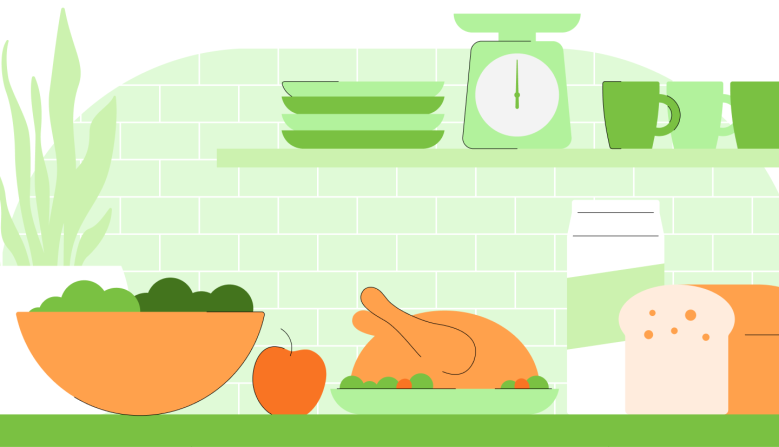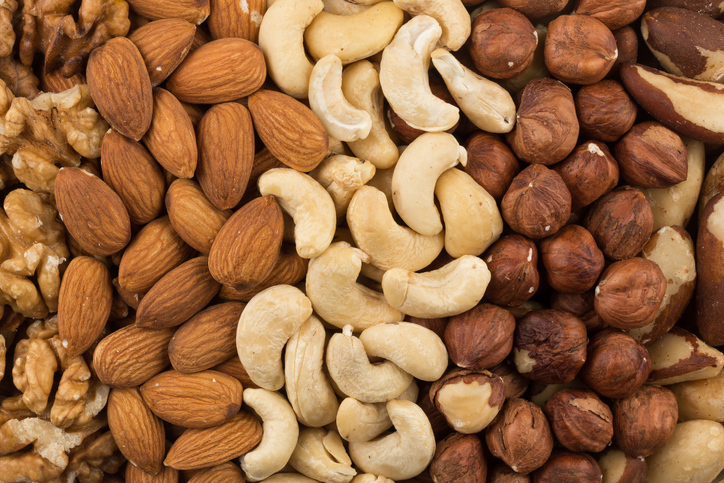The Importance of Eating Breakfast



Did you also know the word ‘breakfast’ means to break the fast? After sleeping for hours, it is important to replenish and hydrate your body. Eating breakfast helps provide energy and nutrients for our bodies. This, in turn, keeps our bodies functioning properly.
Why eating breakfast is important for you:
You’ve probably heard that breakfast is the most important meal of the day. It helps kickstart your metabolism. When food is provided, your body knows there is available energy to use. When food is skipped, prolonging the fasting from the previous evening meal, your body senses there is not enough energy, so it becomes more efficient in using what energy it does have. In other words, it slows down metabolism in order to make sure there is enough energy for basic bodily functions, such as heart beating, breathing, etc.
Eating breakfast may improve your health
Research shows a direct link between skipping breakfast and abnormal glucose and insulin metabolism. This means an increased risk for cardiovascular disease and diabetes*. Breakfast aids in mental alertness, improves cognitive performance, regulates mood, and increases quality of life. But “weight”! Breakfast also prevents overeating and reaching for large quantities of less optimal choices during meals and snacks. Therefore, a morning meal reduces the risk of weight gain compared to those who do not eat breakfast at all.
Breakfast can be easy and nutritious.
If you’re not a big fan of breakfast or just not hungry in the morning, it’s still a great option to eat something small to help regulate blood sugar levels, kickstart your metabolism, and better regulate your hunger throughout the day. Here are some quick breakfast ideas you can start with if you’re not normally a breakfast eater: 1) One slice whole wheat toast with slices of avocado and boiled egg, 2) Greek yogurt with fresh berries, granola and chia seeds or 3) Sliced apple and nut butter.

















